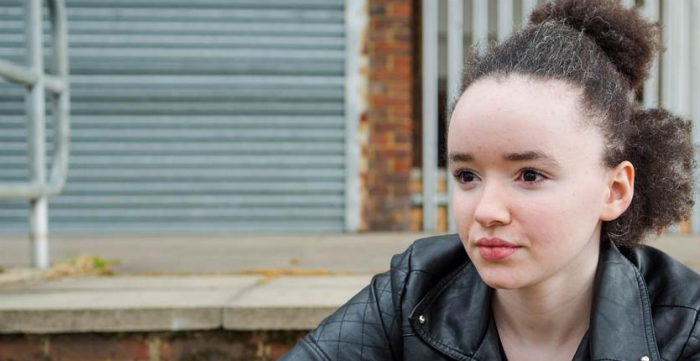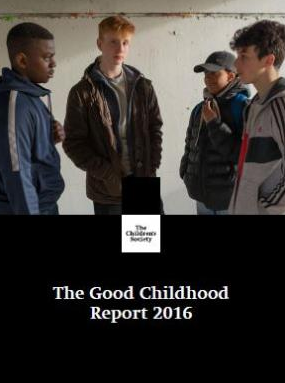Rise in unhappiness among girls
More than a quarter of a million girls in Britain are unhappy with their lives, with huge numbers struggling with the way they look, according to the latest Good Childhood Report from the Children's Society

The charity’s annual state-of-the-nation review of young people’s well-being finds an estimated 283,000 girls aged 10-15 say they are not happy with their lives overall – one in seven of all girls in that age group.
The picture is even starker when it comes to personal appearance, with the number of 10-15 year-old girls who do not feel happy with their looks reaching 700,000 across the UK – more than a third (34 per cent) of the total.
Matthew Reed, Chief Executive of The Children’s Society, said, 'It is desperately worrying that so many of our young people are suffering rather than thriving. Girls are having a particularly tough time and it’s clear that concerted action is needed to tackle this problem.'
In contrast to the deteriorating picture for girls, the proportion of boys aged 10-15 who are unhappy with their lives has remained stable at one in nine, while the proportion of boys who say they are unhappy with their appearance continues to hover around 20 per cent.
The trend builds on findings from last year’s Good Childhood Report, in which England ranked last out of 15 countries for happiness with appearance and also had the most pronounced gender differences of all participating countries. The same report suggested that gender differences in children’s well-being are not inevitable.
The reasons for the widening gender gap are unclear, but the report does find that emotional bullying such as name-calling, which girls are more likely to experience, is twice as common as physical bullying, which is more likely to affect boys. About half of all children aged 10 to 15 had been bullied at school in the past month, the report finds.
 The Good Childhood Report, a collaboration between The Children’s Society and the University of York, highlights the clear link between unhappiness and mental health problems, underlining the importance of tackling low well-being to address mental ill-health. Boys and girls experience mental health problems in different ways. While boys aged 10 and 11 are less happy than girls with their school work and more likely to experience conduct and attention/hyperactivity problems, girls experience anxiety and depression significantly more than boys – and become increasingly unhappy with their appearance – as they get older.
The Good Childhood Report, a collaboration between The Children’s Society and the University of York, highlights the clear link between unhappiness and mental health problems, underlining the importance of tackling low well-being to address mental ill-health. Boys and girls experience mental health problems in different ways. While boys aged 10 and 11 are less happy than girls with their school work and more likely to experience conduct and attention/hyperactivity problems, girls experience anxiety and depression significantly more than boys – and become increasingly unhappy with their appearance – as they get older.
The Children’s Society is calling on Government to take action to improve children’s happiness across the nation with a legal entitlement for children to be able to access mental health and well-being support in schools and FE colleges across England and Wales. The Government must also reaffirm its commitment to understanding, measuring and acting to improve children’s well-being.
Local authorities can also do a great deal to deliver change for children’s well-being, by listening to children’s views about what matters to them and making sure they are directly involved in decision making about their local areas.
Mr Reed added, 'All children deserve a happy childhood and we must never accept that it is somehow inevitable that so many children in Britain should live in distress. As a first step all children should be able to access mental health and wellbeing support in school. Children must be heard and helped.'
Baptist Times, 13/09/2016